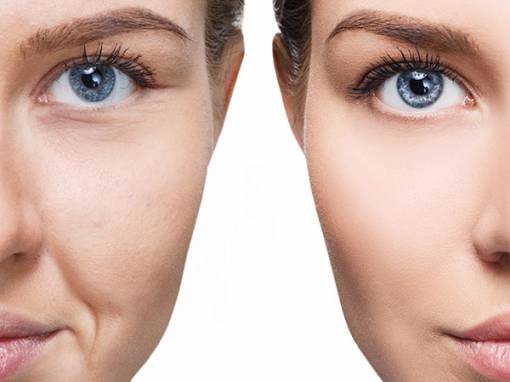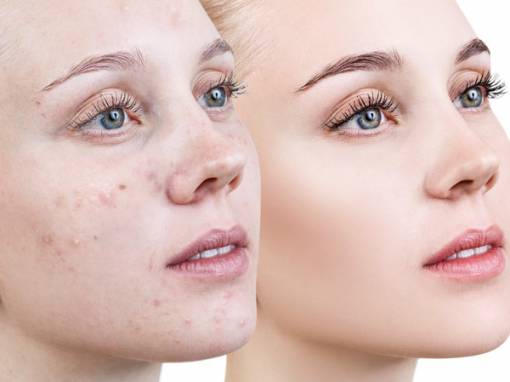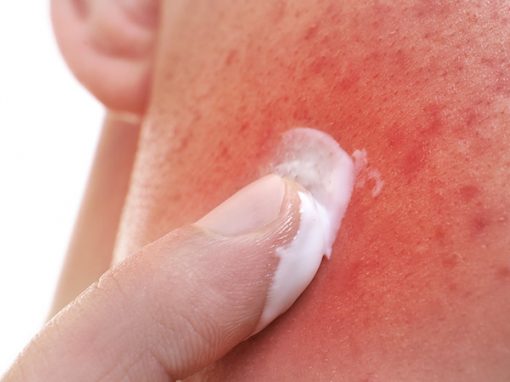
What is psoriasis?
Psoriasis is a chronic, immune-mediated skin condition characterized by raised, red, scaly patches covered in white or silvery scales. Psoriasis usually occurs on the scalp, elbows, and knees, but can appear anywhere on the body. Psoriasis may itch, sting or burn but is often asymptomatic. Though the cause of psoriasis is not known, it is clear that the immune system and genetics are important factors in its development. In some patients, psoriasis may be associated with other conditions such as diabetes and heart disease. Psoriasis is not contagious.
Patients with mild cases of psoriasis are often not aware that they suffer from this condition because it only appears as very faint dry patches. On the other end of the spectrum, patients with severe psoriasis have red, thick, scaly skin covering nearly their entire bodies. Though psoriasis is not curable, it can be well controlled with an array of effective treatment options.
What psoriasis treatment is available?
While there is no cure yet for psoriasis, effective treatment is available to manage symptoms. Since the symptoms of psoriasis can be similar to other skin conditions, it is very important to consult with a specialist to correctly diagnose your condition, its current severity, and the best psoriasis treatment for you.
The severity of your psoriasis is determined by how much of your body it covers. Mild – less than 3% Moderate – 3% to 10% Severe – more than 10%
What causes psoriasis?
The exact cause of psoriasis is still unknown. However, recent research indicates that the condition could be caused by an abnormality in the immune system. Up to 80% of people with flare-ups report recent emotional trauma, such as a new job or the death of a loved one. The majority of doctors believe these external stressors serve as triggers for an inherited defect in immune function. This condition could be a combination of other factors both genetic and environmental. Your chances of developing psoriasis are higher if any of your family members have the same condition.
Many patients with psoriasis notice that their conditions reappears or worsens in the winter when the climate is cold and dry. Symptoms tend to flare up when patients are under stress, battling infections, struggling with dry skin, or taking certain medications.



























